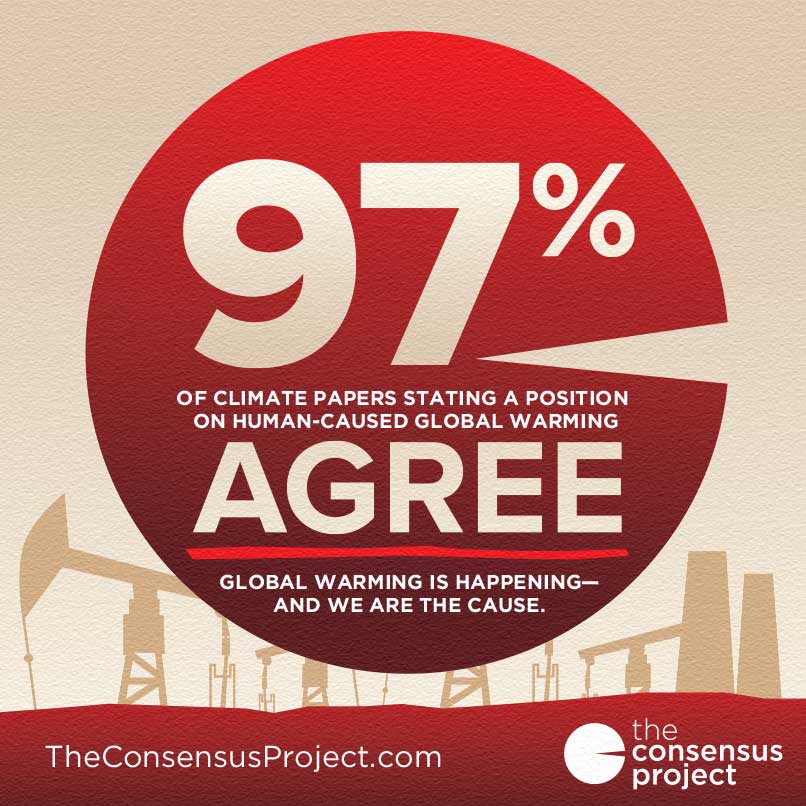I'm pro-life. I get annoyed when people call me "anti-choice," because I am not anti-choices in a general way. I am anti the specific choice to have your fetus killed.
Similarly, I get annoyed when my fellow pro-lifers call pro-choicers "pro-abortion." There's a difference between thinking a woman should be able to choose whether or not to have an abortion, and thinking a woman should get an abortion. Indeed, I have adamantly pro-choice friends who have discouraged women from getting abortions and helped them find alternatives. There is a distinction.
In fact, I'd go further and say there are pro-choice people who are pro-abortion, pro-choice people who are neither for nor against abortion, and pro-choice people who are anti-abortion. That last group are the ones that call themselves "personally pro-life." They don't want to see their views made law, but they do find abortion morally objectionable. They certainly aren't "pro-abortion."
I apply the term "pro-life" to myself because it's the most common phrase used to describe a person who thinks abortion should be far more legally restricted. I also apply the term "pro-life" in a more holistic sense: I am not only against abortion, but also the death penalty. However, I believe war is necessary in some circumstances, I am not a vegan, and I happily kill mosquitoes. There are many ways in which you could argue I am not "pro-life" in the most general sense, in which case it may be more accurate to call me "anti-abortion."
Bearing all this in mind, I created a Venn diagram to quickly explain how I understand the terms:
The circles aren't meant to convey quantitative proportions, just general subsets.
There are people who are pro-abortion, and they are a subset of pro-choice people. You can't be pro-abortion without being pro-choice, but you can be pro-choice without being pro-abortion.
There are people who are pro-life in a holistic way, and they are a subset of anti-abortion people.You can't be pro-life without being anti-abortion, but you can be anti-abortion without being pro-life in a more holistic sense.
There are people who are legally pro-choice but personally anti-abortion, and they are in the crossover part.
In the end I think it's simpler to call people by their self-applied labels and move on, but for clarity's sake, the above is how I understand the actual meanings.



